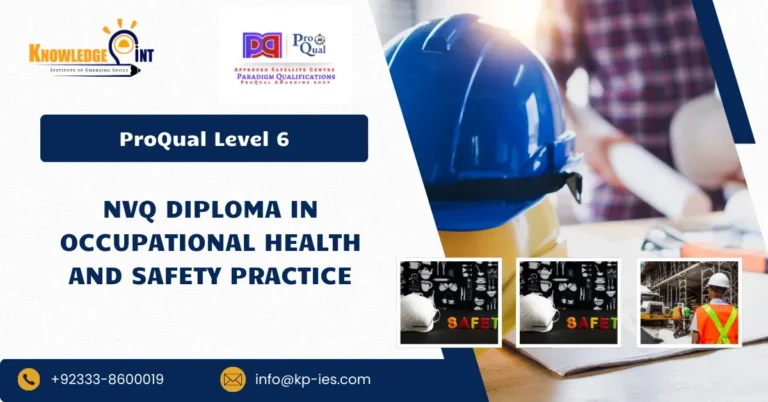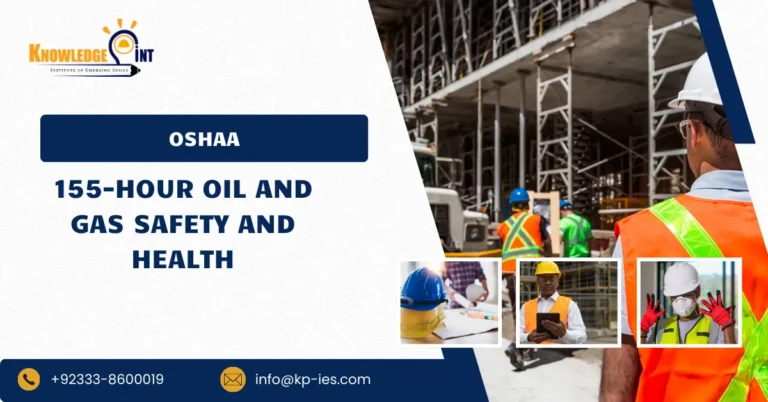LICQual Award
Accident Scene Preservation and Evidence Collection
Awarding Body
LICQual
Credits
06 Credits
Course Type
Accident Investigation
study mode
Online Learning
Course overview
The LICQual Award in Accident Scene Preservation and Evidence Collection is a specialised professional qualification designed to equip learners with the essential knowledge and practical skills required to manage and preserve accident scenes effectively. This award focuses on understanding the critical procedures for securing sites, protecting evidence, and ensuring accurate documentation across various environments, including industrial, transport, construction, and public safety sectors. Participants gain a structured framework for identifying, collecting, and preserving physical and digital evidence while maintaining compliance with legal and regulatory requirements.
Through this programme, learners develop both theoretical understanding and practical competencies in evidence preservation, scene assessment, documentation techniques, and regulatory adherence. The course emphasises the importance of impartial handling, accurate recording, and systematic analysis to support investigations and legal proceedings. Participants also explore factors that can compromise evidence integrity, including environmental conditions, human error, and procedural lapses, ensuring a thorough and professional approach to accident scene management.
The LICQual Award in Accident Scene Preservation and Evidence Collection is ideal for safety officers, investigators, compliance managers, law enforcement personnel, and operational staff responsible for incident management and investigation. On completion, learners are equipped to preserve accident scenes, collect and document evidence professionally, and contribute to accurate investigations. This qualification enhances organisational compliance, supports incident resolution, and strengthens overall safety and investigative effectiveness.

Approved Training centre of LICQual Uk
Centre # : ATC24002

Entry Requirments
Entry Requirements for the LICQual Award in Accident Scene Preservation and Evidence Collection:
- Educational Qualifications:A high school diploma or equivalent is required. Applicants with further education in safety management, law enforcement, emergency response, or forensic sciences will have an advantage.
- Professional Experience:While not mandatory, relevant experience in accident investigation, safety supervision, law enforcement, or emergency services is highly recommended to contextualise learning.
- English Language Proficiency:Since the program is delivered in English, learners must show competence in reading, writing, and communication.
Course structure
The LICQual Award in Accident Scene Preservation and Evidence Collection in Personal Protective Equipment qualification consists of 7 mandatory units.






